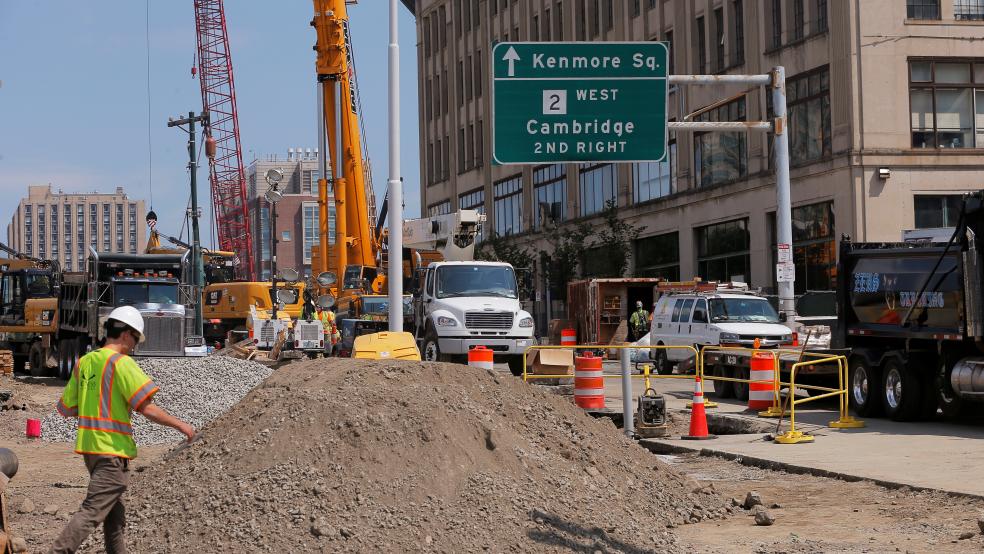While some Democratic candidates embraced the importance of addressing the debt and deficit in Tuesday’s debate, the topic seems to lack the urgency it once had. One reason, says Heather Long of The Washington Post, is that many experts are changing their minds about the threat posed by the nation’s rising debt.
In fact, Long reports after attending a recent meeting of the American Economic Association, there is a growing consensus among academic economists that the U.S. should be borrowing more money, not less, though with the important caveat that the money should be used to boost productivity and growth.
“Many top economists are coming around to the belief that it’s acceptable, even preferable, for the United States government to spend more money, even if it means increasing the nation’s $23 trillion debt,” Long wrote Tuesday.
The persistence of low interest rates and the growing sense that the U.S. needs to invest more in public goods have a lot to do with the change in outlook. Former Federal Reserve chief Janet Yellen is among those who have revised their views, telling Long that, “In a world of low real rates, there’s also a strong case for programs to invest in infrastructure, education, research and development, climate change mitigation — namely investments that would elevate potential growth.”
The issue will be particularly important when the economy slides into the next recession. Some experts worry that today’s trillion-dollar deficits and rising debt will limit the government’s ability to respond to an economic downturn, but more economists are saying there will still be plenty of fiscal room to maneuver. “Even under current conditions, I think we can afford to increase federal spending or cut taxes to stimulate the economy if there’s a downturn,” Yellen said. “Chronic low interest rates create additional fiscal space.”




